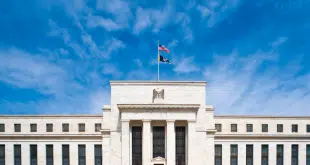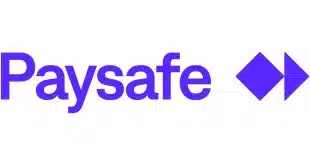The shock waves generated by Visa Inc.’s new deal with PayPal Holdings Inc. reached MasterCard Inc. on Thursday, with chief executive Ajay Banga hailing the agreement while parrying questions from analysts about its possible effect on a fee MasterCard imposed in 2013 to deal with PayPal and other digital wallets that rely on MasterCard’s network.
“We are pleased to see that PayPal is working to resolve some of the concerns we all had,” Banga told investment analysts during a call to discuss MasterCard’s second-quarter results. “We have a great working relationship with PayPal.” He pointed to a cobranded card arrangement MasterCard had just renewed with PayPal on Wednesday.
But on the matter of whether MasterCard might back off on its fee in the wake of the Visa-PayPal accord, or as a result of any deal it might reach separately with PayPal, Banga was non-committal. “I have a generally positive view about where this [PayPal relationship] is going,” he said as the conference call concluded. He also cautioned the audience not to “get focused” on the fee, which he characterized as “de minimis” as a part of MasterCard’s revenue.
Formally known as the Staged Digital-Wallet Operator Annual Network Access Fee, the levy is aimed at all digital wallets that rely on MasterCard’s network to allow users to fund purchases, but it has been widely seen as targeting PayPal as the largest such product. MasterCard has never disclosed the amount of the fee or how it is calculated, other than to say it is tiered and based on prior-year transaction volumes.
Among other things, Visa’s agreement with PayPal is aimed at increasing Visa funding, and decreasing reliance on the automated clearing house, among users of PayPal. But Banga clearly sees the same need for closer ties with PayPal, which now claims 188 million active accounts globally. “If PayPal wants to use our rails, they can’t just use our rails as it suits them. There’s got to be a partnership,” he said.
But while Visa is discouraging reliance on the ACH, MasterCard is embracing the interbank network through its pending $920 million acquisition of the United Kingdom’s VocaLink Holdings Ltd., whose technology enables the U,K.’s faster-payments system. VocaLink also has agreed to help build out a faster-payments architecture for The Clearing House Payments Co. LLC, a New York City-based ACH operator owned by most of the biggest banks in the United States. MasterCard announced the VocaLink deal last week.
Stressing that half of all payments worldwide are ACH transactions, Banga told the analysts the rational for the acquisition is based on boosting future data flows and revenues for MasterCard. “VocaLink is an important part of our strategy to participate in all forms of payment,” he said. “The potential for fast ACH is growing. We’ll have the ability to see both card and ACH transactions. The more we see transactions, the more we can do with them and the more we can build a strong revenue stream for the company.”
Banga may have been vague about PayPal, but he didn’t lose the opportunity to promote MasterCard’s recent overhaul of its Masterpass digital wallet. “About two weeks ago, we became the first network to deliver digital access across all devices and all channels,” he noted. He lauded an auto-enrollment feature that he said will scoop up more than 80 million accounts by the end of the year, “starting with Europe and Asia and then the U.S. later in the year.”
For the quarter, MasterCard reported $391 billion in U.S. dollar volume, up 8% year-over-year. Cards worldwide grew 7%, to a total of 2.28 billion, though the tally of Maestro cards, MasterCard’s debit product, fell from 681 million to 672 million. Net revenue came to $2.69 billion, up 13% from the same period last year, while net income grew 7% to $983 million.







